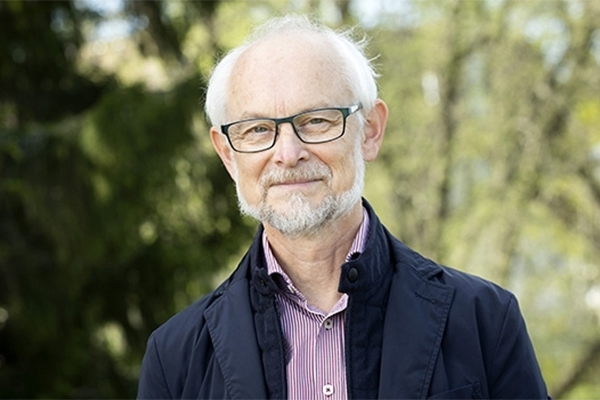How did that initiative start?
”Twenty years ago, the Royal Academy of Sciences issued a short series of booklets, starting with human evolution. There’s been a tremendous lot going on in this area in the 21st century, so four or five years ago I took the initiative to update the text. But then COVID-19 cropped up; and now the climate issue has been highly topical for many years. The top priority became completing these publications as fast as possible. Expert groups, mainly composed of Academy of Sciences members, wrote them, and Anna Rutgersson of Uppsala University was one of the writers of the climate booklet.”
Why are these publications necessary?
“We write about areas where a whole lot of new information has emerged that many people are no doubt unaware of. A key function of the Academy of Sciences is to impart knowledge to the public. It started back in Linnaeus’s day, in the 18th century, so Sweden has an amazingly long, fine tradition of knowledge transfer to society – both to decision-makers and to the public at large. The booklet about human evolution issued in 2000 came about because the Riksdag was debating whether to remove the word ‘race’ in legislation. We saw the need to tell readers about the state of knowledge in research that has obliterated the classic notion of race. We humans have intermixed with one another to such a high degree that one can’t use the term ‘race’ in the old sense any more.”
How should the information be spread?
“We use social media to maximise our outreach. We collaborate with the publishers Natur & Kultur, a foundation that issues educational material for schools and teachers. I’ve also been in touch with Region Stockholm and its public health committee. Society is crying out for information. There are areas where the vaccination rate is very low and that means, of course, that there’s a particular great need for material that provides current knowledge, worded in a way that’s easy to understand. Everyone who’s become aware of the booklets has expressed great appreciation, and the material has been used in multiple contexts, such as in university study programmes.”
Are any other booklets going to be produced?
“After the one about human evolution there’ll be one on genetically modified plants, and then another couple of booklets. At European level, we’re collaborating with other academies to tackle the problem of misinformation. It’s important to provide reliable, accurate information to stop rumours spreading.”
How do you manage to do both this and research?
“Research communication and research itself are both my hobby and my job.”
